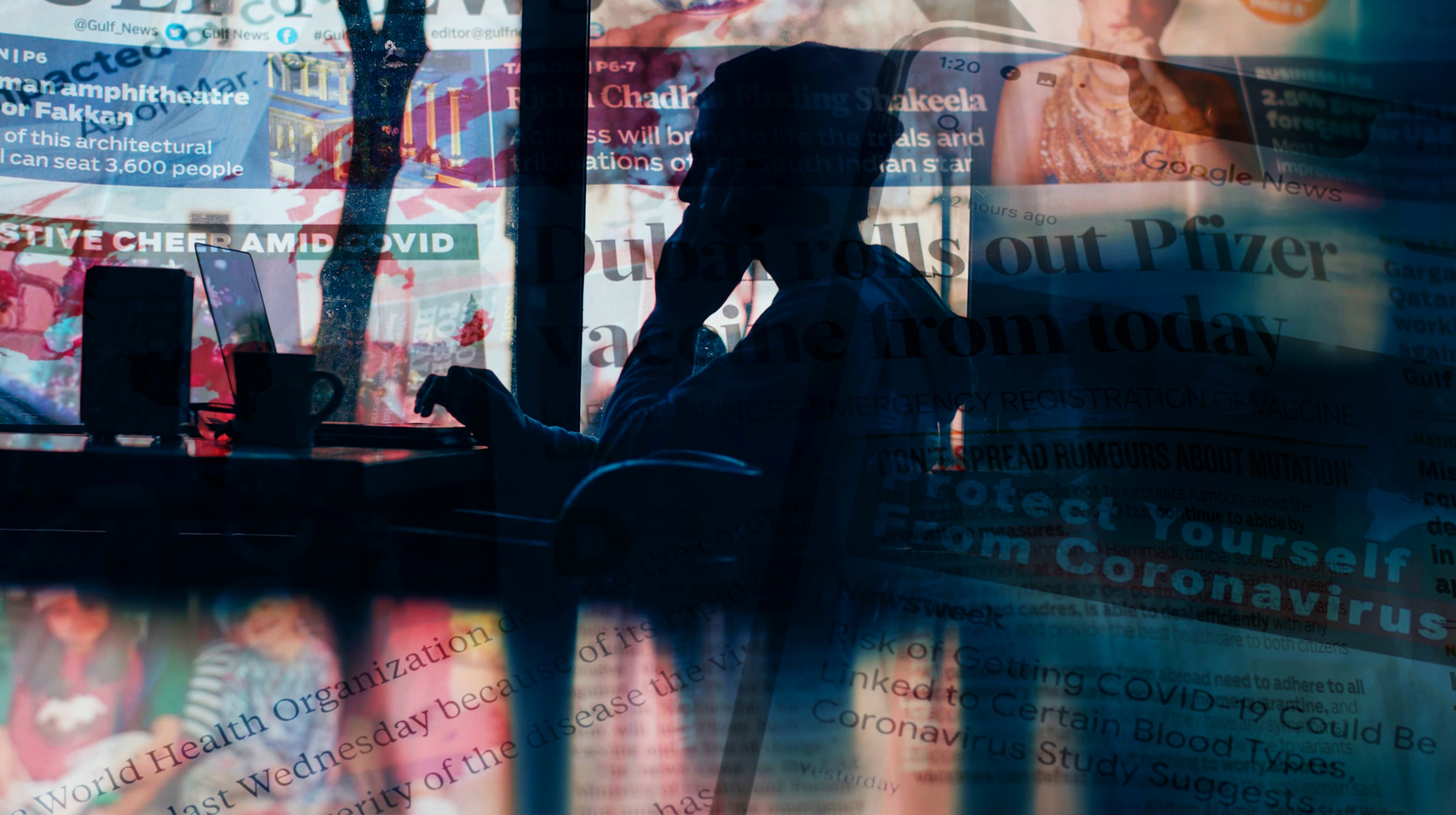Public health crisis: Facebook ads misinform about HIV prevention drug

Photo Credit: Paul Butler / Flickr
- Facebook and Instagram users have been inundated with misleading ads about medication that prevents the transmission of HIV (PrEP), such as Truvada.
- Over the years, Facebook’s hands-off ad policy has faced scrutiny when it comes to false or ambiguous information in its political ads.
- Unregulated “surveillance capitalism” commodifies people’s personal information and makes them vulnerable to sometimes misleading ads.
LGBT groups are saying that Facebook is endangering lives by advertising misleading medical information pertaining to HIV patients.
The tech giant’s laissez-faire ad policy has already been accused of threatening democracy by providing a platform for false political ads, and now policy could be fostering a major public-health concern.
LGBT groups take on Facebook’s ad policy
According to LGBT advocates, for the past six months Facebook and Instagram users have been inundated with misleading ads about medication that prevents the transmission of HIV (PrEP), such as Truvada. The ads, which The Washington Post reports appear to have been purchased by personal-injury lawyers, claim that these medications threaten patients with serious side effects. According to LGBT organizations led by GLAAD, the ads have left some patients who are potentially at risk of contracting HIV scared to take preventative drugs, even though health officials and federal regulators say the drugs are safe.
LGBT groups like GLAAD, which regularly advises Facebook on LGBT issues, reached out to the company to have the ads taken down, saying they are false. Yet, the tech titan has refused to remove the content claiming that the ads fall within the parameters of its policy. Facebook spokeswoman Devon Kearns told The Post that the ads had not been rated false by independent fact-checkers, which include the Associated Press. But others are saying that Facebook’s controversial approach to ads is creating a public-health crisis.
In an open letter to Facebook sent on Monday, GLAAD joined over 50 well-known LGBTQ groups including the Human Rights Campaign, the American Academy of HIV Medicine and the National Coalition for LGBT Health to publicly condemn the company for putting “real people’s lives in imminent danger” by “convincing at-risk individuals to avoid PrEP, invariably leading to avoidable HIV infections.”
What Facebook’s policy risks
Of course, this is not the first time Facebook’s policy has faced scrutiny when it comes to false or ambiguous information in its ads. Social media has been both a catalyst and conduit for the rapid-fire spread of misinformation to the world wide web. As lawmakers struggle to enforce order to cyberspace and its creations, Facebook has become a symbol of the threat the internet poses to our institutions and to public safety. For example, the company has refused to take down 2020 election ads, largely funded by the Trump campaign, that spew false information. For this reason, Facebook and other social media platforms present a serious risk to a fundamental necessity of American democracy, public access to truth.
But this latest scandal underlines how the misconstrued information that plagues the web can infect other, more intimate aspects of American lives. Facebook’s handling of paid-for claims about the potential health risks of taking Truvada and other HIV medications threatens lives.
“Almost immediately we started hearing reports from front-line PrEP prescribers, clinics and public health officials around the country, saying we’re beginning to hear from potential clients that they’re scared of trying Truvada because they’re seeing all these ads on their Facebook and Instagram feeds,” said Peter Staley, a long-time AIDS activist who works with the PrEP4All Collaboration, to The Post.
Unregulated Surveillance Capitalism
To be fair, the distinction between true and false information can be muddy territory. Personal injury lawyers who represent HIV patients claim that the numbers show that the potential risks of medications such as Turvada and others that contain the ingredient antiretroviral tenofovir may exist. This is particularly of note when the medication is used as a treatment for those that already have HIV rather than prevention for those that do not. But the life-saving potential of the HIV medications are unequivocally real. The problem, as some LGBT advocates are claiming, is that the ads lacked vital nuance.
It also should be pointed out that Facebook has taken action against anti-vaccine content and other ads that pose threats to users. Still, the company’s dubious policies clearly pose a big problem, and it has shown no signs of adjusting. But perhaps the underlying issue is the failure to regulate what social psychologist Shoshana Zuboff calls “surveillance capitalism” by which people’s experiences, personal information, and characteristics become commodities. In this case, paid-for personal-injury legal ads that target users with certain, undisclosed characteristics. It’s been said that you should be wary of what you get for free, because it means you’ve become the product. Facebook, after all, is a business with an end goal to maximize profits.
But why does a company have this kind of power over our lives? Americans and their legislators are ensnared in an existential predicament. Figure out how to regulate Facebook and be accused with endangering free speech, or leave the cyber business alone and risk the public’s health going up for sale along with its government.





